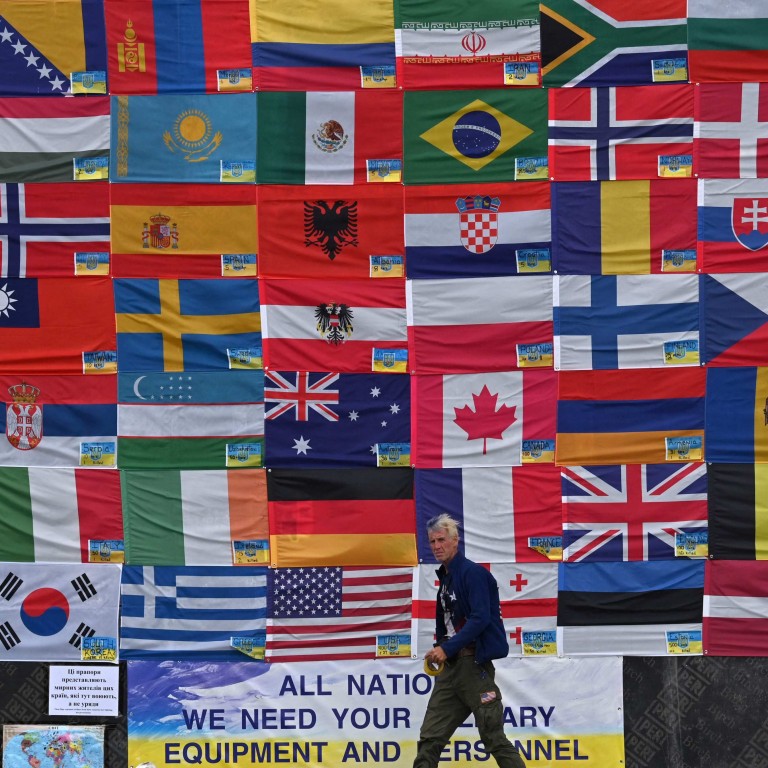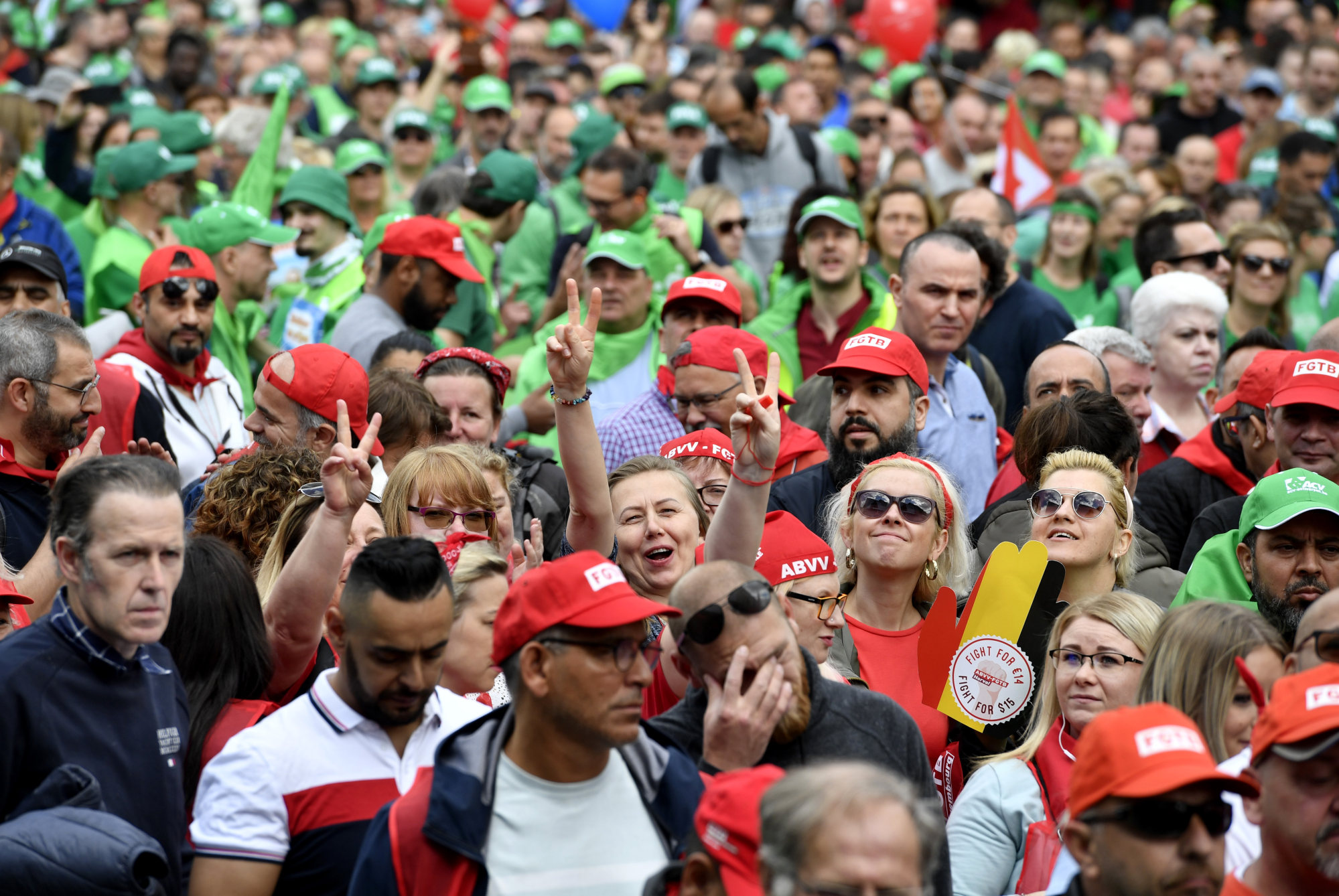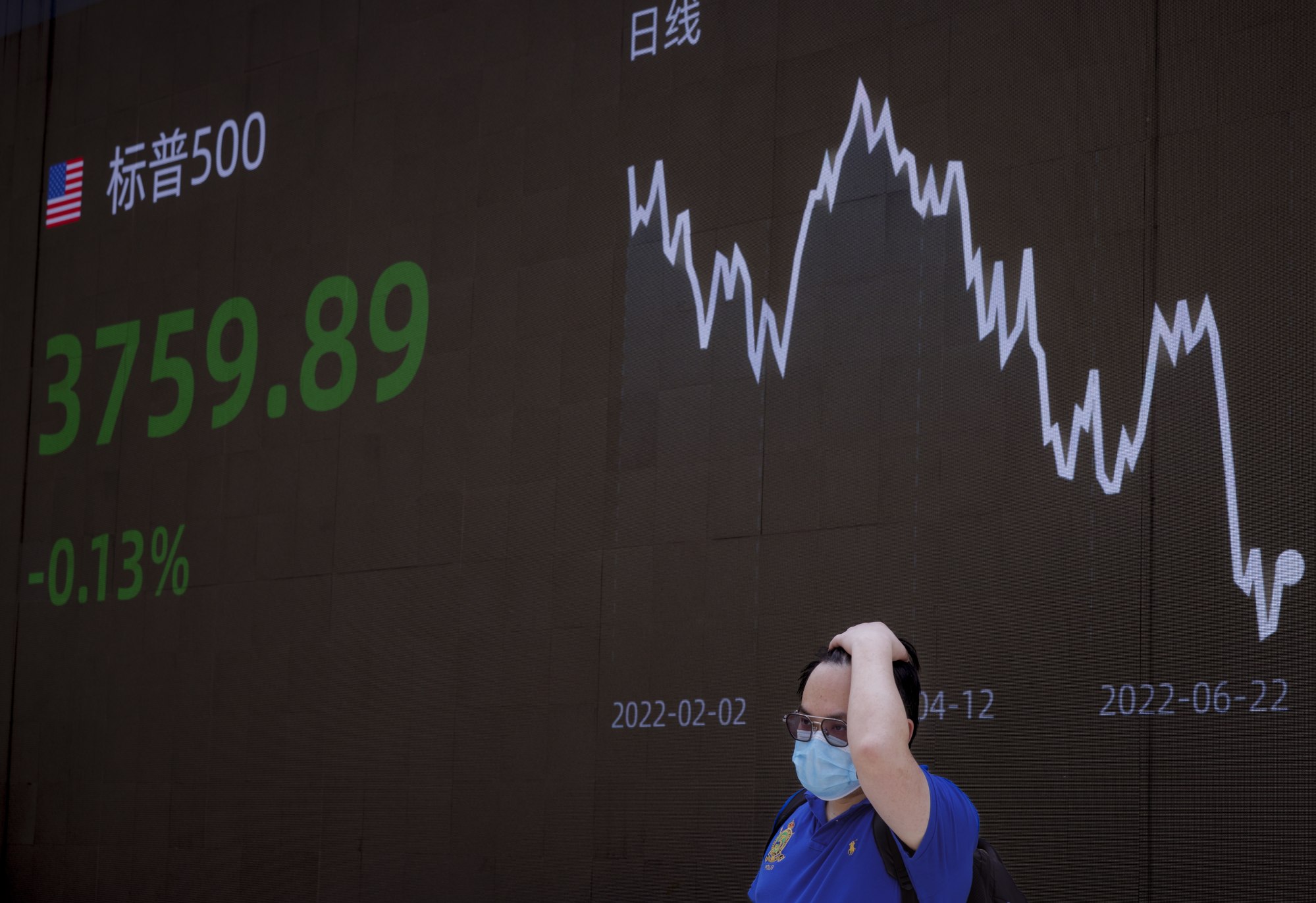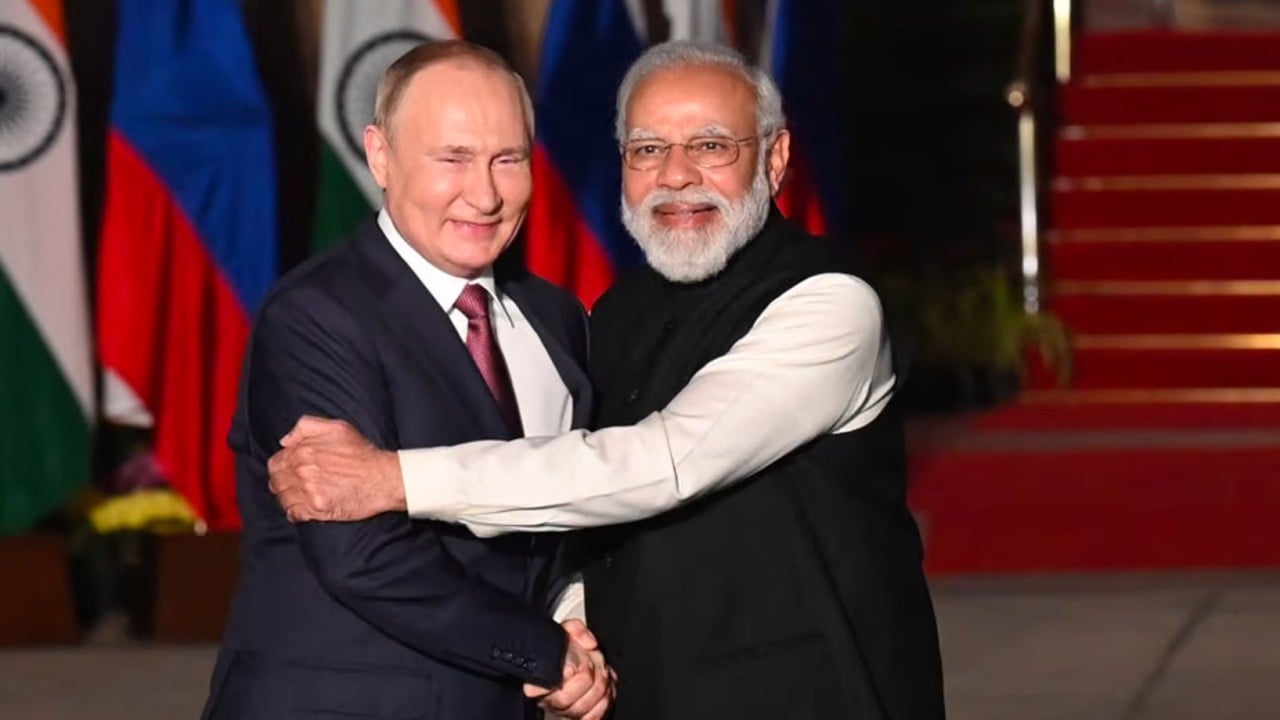
As leaders squabble, a world economy in dire danger is in need of a peacemaking hero
- Unlike with the last global financial crisis, the world is split into ideological blocs, the economy battered by a pandemic, and the threats broad-based
- Someone needs to be the adult in the room and convene a special summit to persuade world leaders to cooperate on an economic rescue
Ideological gridlock is allowing the global economy to drift towards disaster while political leaders defend their corners for fear of proposing dialogue. The first with the courage to do so is likely to win respect while those who spurn it will be discredited.
But who is prepared to behave as an “adult in the room” among scrapping kids or countries? Realistically, such leadership must come from the United States, China, the European Union, Japan or Britain as they matter the most in economic and military heft.
A special summit is needed – not the usual jockeying for position or publicity-seeking kind with a final communique prepared in advance but a cut-to-the-question exchange on how to step back from an all-engulfing strategic and economic crisis.

The 2008 crisis had a specific cause: financial system excess. Now, we have more broad-based threats to deal with, not only on the economic and financial front, but also from the political, strategic and military directions.
Think back to 2009. The global response was prompt and positive. The Group of Twenty, or G20, was formed to unite finance ministers and central bankers from advanced and emerging economies and later expanded to heads of state and government. Crisis was stemmed through cooperation.

China, in particular, played a key role in helping to pull G7 nations out of their economic hole. But since then, the momentum towards more global governance had been badly eroded by Western protectionism.
China is unlikely to play a similar role in the next crisis. It is still in its interest to have a well-functioning global economy but China has been responding to Western sanctions by building its own supply chains.
There is unlikely to be any unifying initiative to prevent the global economy from sinking into a possibly deep and protracted recession, after being hobbled badly by pandemic-related ills.
What form would such a summit among the heads of the US, China and the EU (with Japan and Britain looking on) take? Certainly it would be no friendly “fireside chat” of the kind that characterised the pioneering 1975 summit of G6 at Rambouillet near Paris.
World needs a better form of globalisation to avoid another crisis
Our hypothetical lead-taker must acknowledge that political and ideological differences run very deep among leaders, that there’s no way to simply shake hands, shrug these differences off and get down to remoulding the world nearer to our hearts’ desire (to paraphrase Omar Khayyam).
That would be fatuously oversimplistic. But to remind fellow leaders that mankind, and maybe the planet, face real threats first of economic disaster, hyperinflation and starvation, then nuclear war – or later, climate calamity – would be no more than speaking the truth.
“The fate of the world is in our hands,” our hypothetical hero would say. “We have to stop behaving irresponsibly, however great our differences. We must find a basis for minimal cooperation.” The result could be a rush of relief that someone has made the first move – and a surprising outpouring of goodwill. It’s worth a try at least.
Anthony Rowley is a veteran journalist specialising in Asian economic and financial affairs


